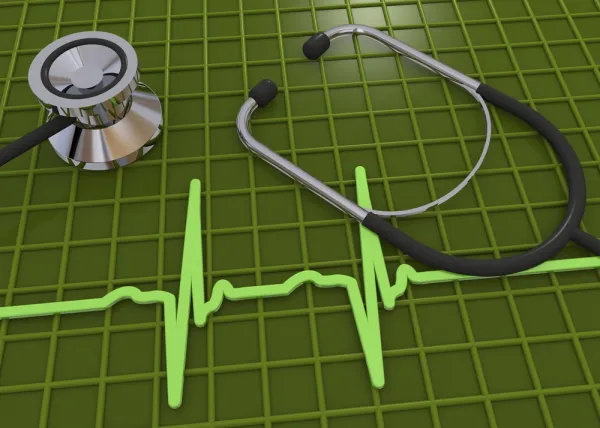Choose the Right Code to Help Support Falling Patients

Question: When our practice treats patients with a history of falling, what ICD-10 code(s) should we include on the claim? Illinois Subscriber Answer: When a patient presents to the physician after falling, you’ll need to consider several concepts in order to code correctly. A lot of the ICD-10 coding decisions will hinge on the patient’s falling history. With ICD-10, you have R29.6 (Repeated falls). According to the ICD-10 guidelines, you would use R29.6 when a patient has recently fallen and the reason for the fall is being investigated. As the name implies, this code should be assigned when there is documentation that this isn’t just a situation of one isolated fall, but of multiple falls, says Stacie Norris, MBA, CPC, CCS-P, Director of Coding Quality Assurance for Zotec Partners in Durham, N.C. There is also another code available in ICD-10 for falls: Z91.81 (History of falling). You should use this code when the patient has fallen before and is at risk for future falls. However, you should not code Z91.81 as a primary diagnosis unless there is no other alternative, as this code is from the “Factors Influencing Health Status and Contact with Health Services,” similar to the V-code section from ICD-9. The diagnosis codes from this section are often denied by payers as not supporting the medical necessity for the claim, advises Norris. Note that there is an “Excludes 2 note” for code Z91.81 when using R29.6. Hence, if the documentation supports it, both codes can be used together. In other words, one is not included in the other, as shown in the ICD-10-CM book: R29.6 Repeat Falls FallingTendency to fall Excludes at risk for falling (Z91.81) History of falling (Z91.81) Last resort: Finally, if you review the documentation and are in the unfortunate situation of having no other diagnosis (or sign/symptom) to use except “Fall,” then the appropriate ICD-10 code to use is Z04.3 (Encounter for examination and observation following other accident). This is not a desirable coding situation because, as noted above, payers often deny Z-codes because they do not clearly reflect the acuity of the patient encounter.




